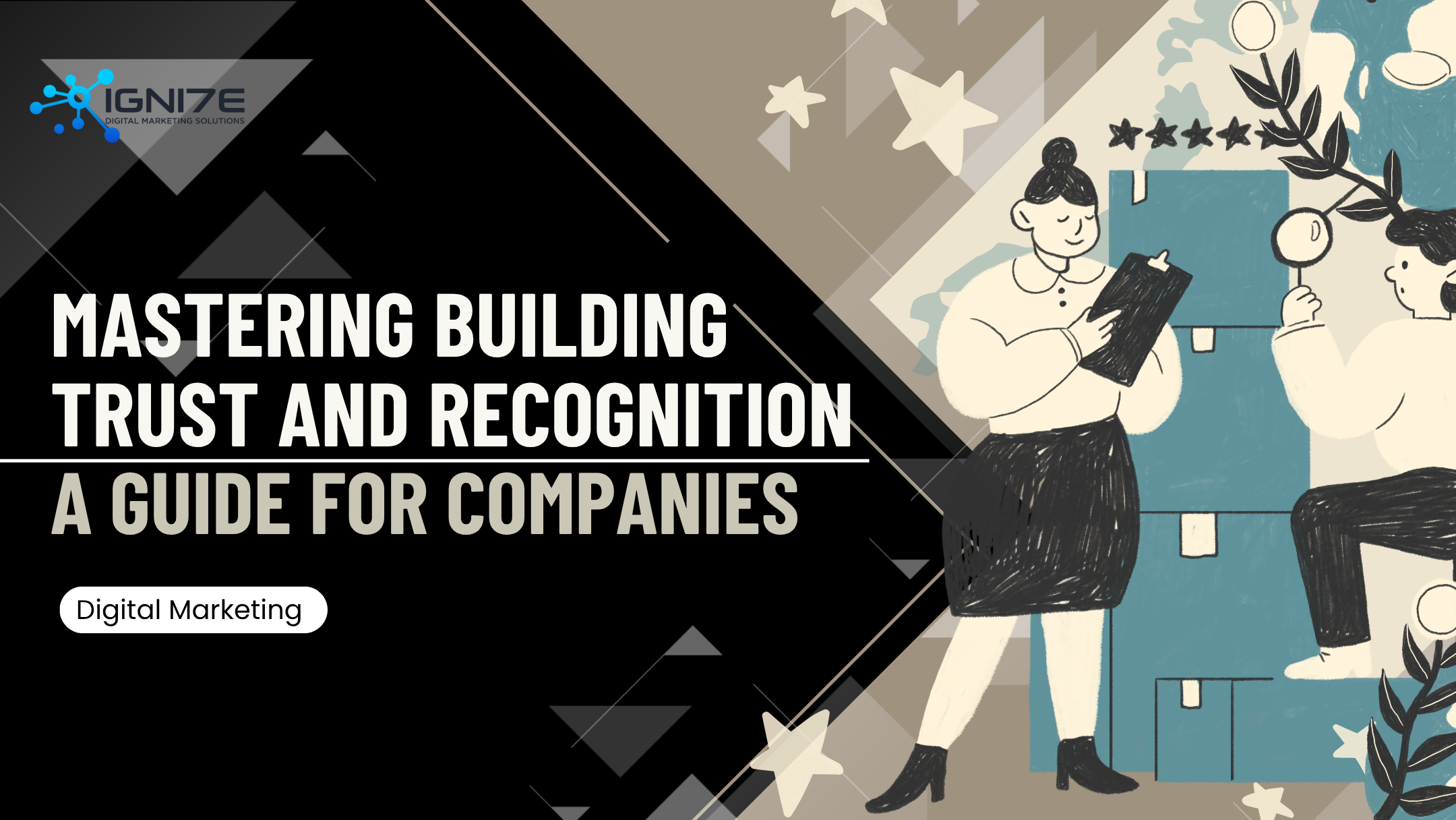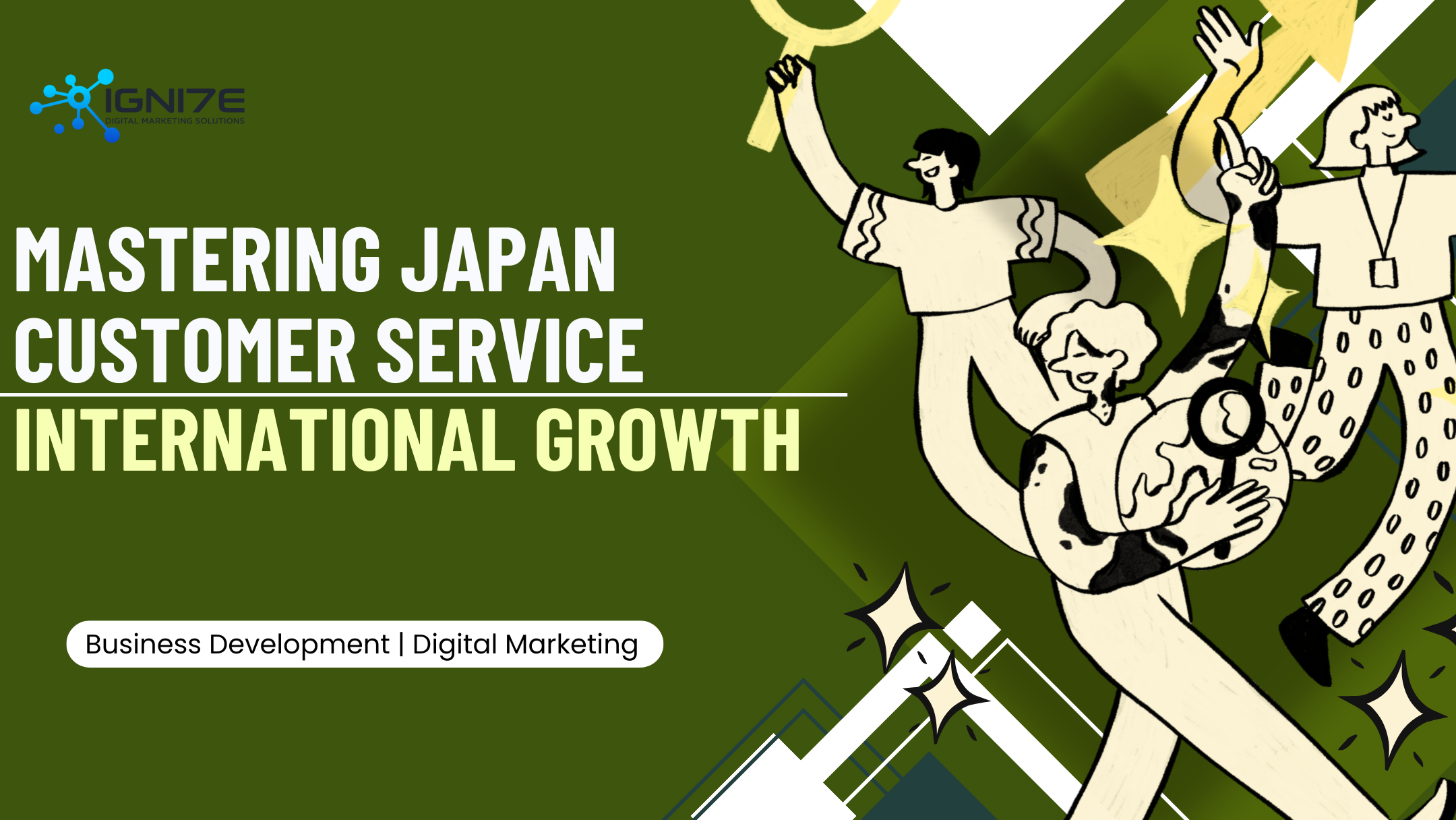Top 5 Priorities for Japan’s Young Job Seekers

In recent years, the way young people in Japan approach job hunting has changed significantly. Where previous generations often prioritized job security and brand-name employers, today’s youth are placing greater value on things like personal growth, work style, and company culture. Gen Z, in particular, tends to gather information through social media and peer reviews, and they expect companies to engage with them on a more personal level. The relationship between job seekers and employers is becoming more mutual, and both sides are adjusting.
In this article, we rank the top five factors that today’s young job seekers in Japan consider most important, based on current cultural and workplace trends.
Ranking of Important Factors for Young People When Choosing a Job
(Reflecting Cultural and Market Shifts)
- A positive workplace culture and atmosphere
- A healthy work-life balance
- Opportunities for growth and skill development
- Alignment with company values and social impact
- Flexible work options (remote work, side jobs, etc.)
1. A Positive Workplace Culture and Atmosphere

For Gen Z job seekers, the atmosphere of the workplace and the quality of interpersonal relationships are top priorities. Rather than focusing solely on salary or job title, many ask themselves, Who will I be working with, and what will the environment be like? To get a clearer picture, they often turn to social media or YouTube to watch behind-the-scenes content featuring real employees. At company info sessions and internships, many students make a point of talking with younger employees to get a better feel for the culture. As a result, finding a company that’s a good cultural fit has become a significant factor in accepting an offer.
2. A Healthy Work-Life Balance

Today’s younger generation places high importance on having time for themselves. In contrast to the long hours and weekend work that once defined Japanese corporate life, many now prioritize companies that support a better work-life balance. They pay close attention to things like weekly days off, paid leave policies, and actual overtime hours. Many also believe that a fulfilling personal life directly supports better performance at work. Strong benefits and systems that adapt to life changes—like childcare or caregiving—are seen as especially reassuring.
3. Opportunities for Growth and Skill Development

A company’s ability to support long-term career development is another top concern. Job seekers want to know whether they’ll be able to grow and gain skills after joining. Things like training programs, on-the-job learning, and job rotation systems are closely reviewed during the job search. Startups and venture companies that offer fast-paced learning environments are increasingly popular. The focus is shifting from simply landing a job to what kind of development is possible after joining.
4. Alignment with Company Values and Social Impact

More and more young job seekers want to feel that their work contributes to something meaningful. Whether it’s environmental sustainability, diversity, or community involvement, alignment with a company’s mission and vision plays a big role in how attractive the job feels. Gen Z in particular seeks out roles that go beyond profits to include purpose. Companies that highlight ethical practices and social responsibility tend to stand out. It’s becoming essential for businesses to clearly communicate these values in their recruitment messaging.
5. Flexible Work Options (Remote Work, Side Jobs, etc.)

Flexible working styles—such as remote work and permission to hold side jobs—have become key deciding factors. Since the pandemic, many students have experienced the benefits of telework and now pay closer attention to whether companies require in-office attendance and how much flexibility is offered. For those interested in freelance work or building diverse skills, flexibility has become a necessity. Companies that offer freedom in where and how employees work are in a stronger position to attract top talent.
Conclusion
For today’s youth, job hunting in Japan has shifted from simply “finding a company to join” to “making a meaningful life choice.” It’s not so much about company size or name recognition anymore, but rather about whether the workplace and values align with their own. As a result, job hunting is becoming more personal, more diverse, and more thoughtful.
The five key priorities outlined here highlight just how much the landscape has changed. For employers, it’s no longer enough to rely on old assumptions. They need to be flexible, transparent, and authentic. For young people to make confident, informed decisions, they need access to trustworthy information—and companies need to communicate openly. Moving forward, job hunting in Japan will likely become less of a one-sided evaluation process and more of a two-way conversation.















